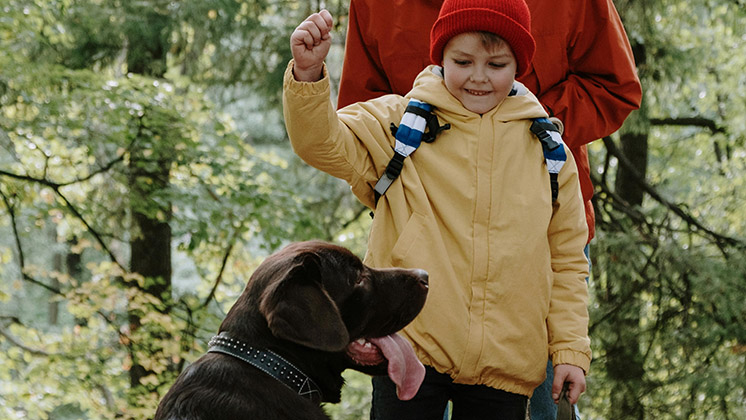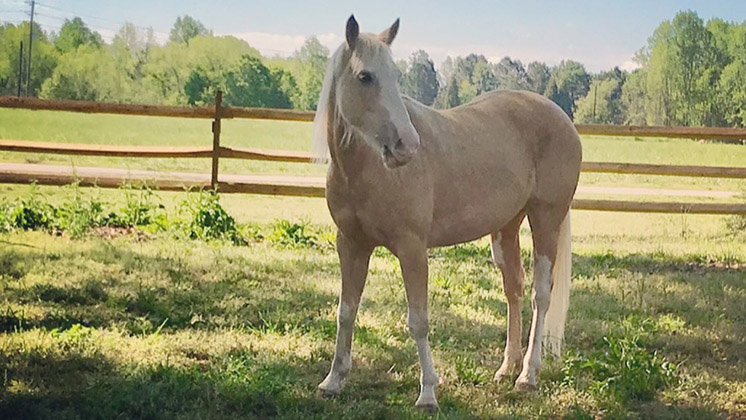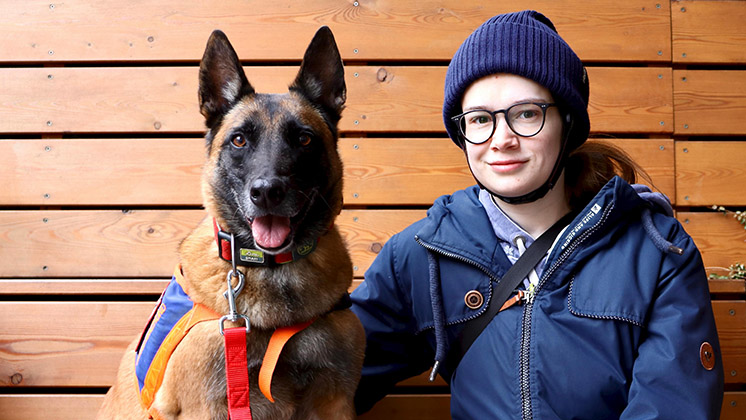How PTSD Service Dogs Affect Partners of Veterans

When we think of posttraumatic stress disorder (PTSD), we often focus on the veterans who directly face its challenges. However, there's another story about the partners who share their lives and support them through the ups and downs. A new study sheds light on how PTSD service dogs impact these partners' emotional well-being.
The Study in Focus
Researchers explored how partners of veterans experience their daily emotions when a service dog is part of the household. Using ecological momentary assessment (EMA)—a method that captures real-time data through daily surveys—the study compared partners of veterans who had service dogs with those still on a waitlist.
Key Details
- Participants: 87 partners of veterans diagnosed with PTSD.
- Method: Twice-daily questionnaires over two weeks at the start and again after three months.
- Groups: Partners were split into those living with a service dog and those waiting for one.
What Did the Study Find?
Three months into the study, partners who lived with a service dog reported significantly higher levels of positive emotions, such as calmness and confidence, compared to those on the waitlist. However, there was no notable difference in negative emotions (e.g., anxiety, loneliness) between the groups.
Why This Matters
The increase in positive emotions could mean that the presence of a service dog helps foster emotional resilience. These findings align with the Broaden and Build Theory, which suggests that positive emotions help individuals build lasting psychological resources.
Beyond the Veteran
While service dogs are trained to assist veterans by performing tasks like monitoring anxiety or creating protective barriers, their influence extends further. The study's results emphasize that these animals may enhance the emotional climate at home, benefiting the veteran’s partner as well.
Challenges and Nuances
The lack of change in negative emotions points to a complex dynamic. While service dogs can bring comfort and positive experiences, they also add responsibilities that might not always ease stress for partners.
Final Thoughts
The study opens doors for more research into the broader impact of service dogs, including their long-term effects on family relationships. By better understanding these interactions, service dog programs and mental health professionals can tailor support to help veterans and their families thrive.
Read the Research Paper
This article was based on the research of Dr. Leanne Nieforth and the HAPI lab. Read the research:
Suggested Articles

Exploring Canine-Assisted Interactions for Children with ADHD
Discover how canine-assisted interventions, paired with cognitive behavioral therapy, enhance social skills in children with ADHD, fostering better human interactions and engagement.
Read more
How Equine Communication Transforms Trauma Healing
Discover how equine-assisted mental health uses the unique nonverbal communication of horses to transform trauma healing, offering powerful breakthroughs for PTSD, anxiety, and depression.
Read more
The Healing Power of Assistance Dogs for Veterans with PTSD
Explore how psychiatric assistance dogs help veterans with PTSD, reducing symptoms, improving mental health, and fostering social connections, as highlighted in a comprehensive review of 41 studies.
Read more
